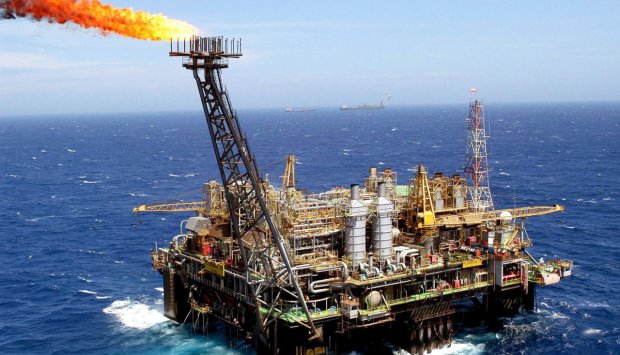Angola’s President Joao Lourenco is poised to greenlight a law by June, introducing fresh incentives to foster expansion in offshore blocks, according to Reuters citing a senior energy official.
This move marks the latest effort to spur investment and maintain stability in Angola’s crucial oil sector.
The forthcoming law is part of a series of regulatory adjustments aimed at revitalising the oil and gas industry in Angola. Since withdrawing from OPEC+ to safeguard its domestic production goals, Angola has actively courted Chinese and US investors.
The anticipated decree on incremental production is set to particularly benefit Angola’s offshore Block 17, hailed by TotalEnergies CEO Patrick Pouyanne as a “golden block” upon the extension of production licenses to 2045.
Under the extension granted five years ago, Angola’s Sonangol initially secured a 5 per cent interest in the field from TotalEnergies and its consortium partners Equinor, ExxonMobil, and BP.
Paulino Jeronimo, CEO of Angola’s national oil and gas company ANPG, disclosed, “The decree … is expected to be approved by the National Assembly and the Angolan President before the end of the second quarter of this year,”.
Among the sweeping incentives are reductions in royalty and petroleum production taxes, alongside provisions to contractually adjust two pivotal metrics influencing returns—cost oil and profit oil.
Jeronimo explained, “For example, to accelerate cost recovery there is a higher cost oil limit so that all costs are recovered faster, thus reducing the investor’s financial exposure,”.
Furthermore, the decree facilitates the recovery of exploration costs irrespective of well outcomes. Jeronimo noted that a new oil and gas auction round, offering a minimum of nine offshore blocks in the Kwanza and Benguela Basins, is slated for launch next year.
Despite being Sub-Saharan Africa’s second-largest oil producer, Angola is poised to sustain production at approximately 1.1 million barrels per day (bpd) in the foreseeable future, according to officials.
Jeronimo revealed that in March, a letter of agreement was inked with TotalEnergies to explore new opportunities at the Dalia field, where one of four floating production platforms (FPSOs) operates in Block 17.
However, TotalEnergies declined to comment on the matter.
During negotiations with the French energy giant, Jeronimo disclosed that an investment of roughly $7 billion could extend the lifespan of the Dalia FPSO platform. This investment could potentially result in accumulated production of 500 million barrels of oil by 2045, up from 110 million barrels in 2030.
“This will only be possible due to the incentives granted with the incremental production decree,” he said.


